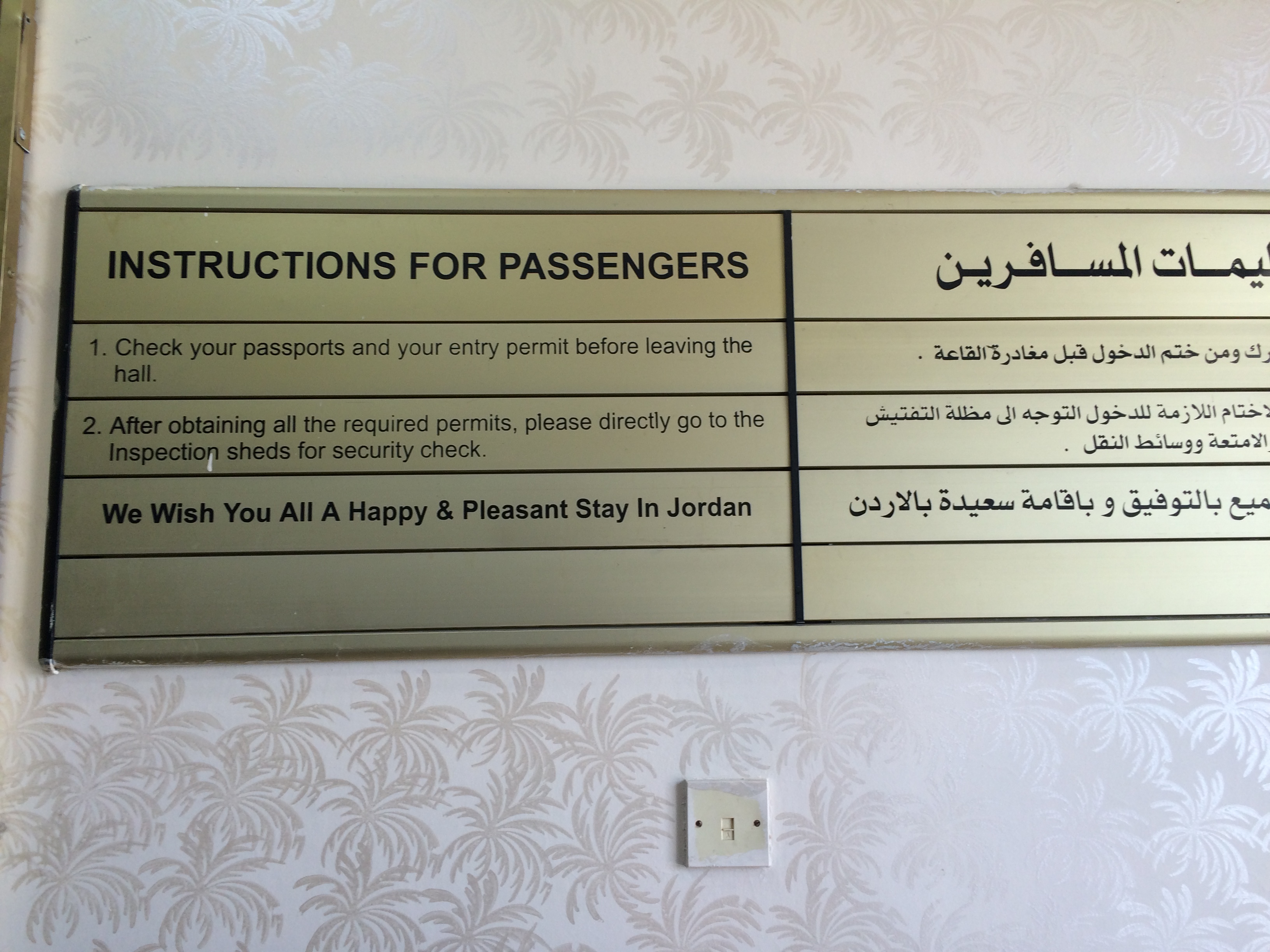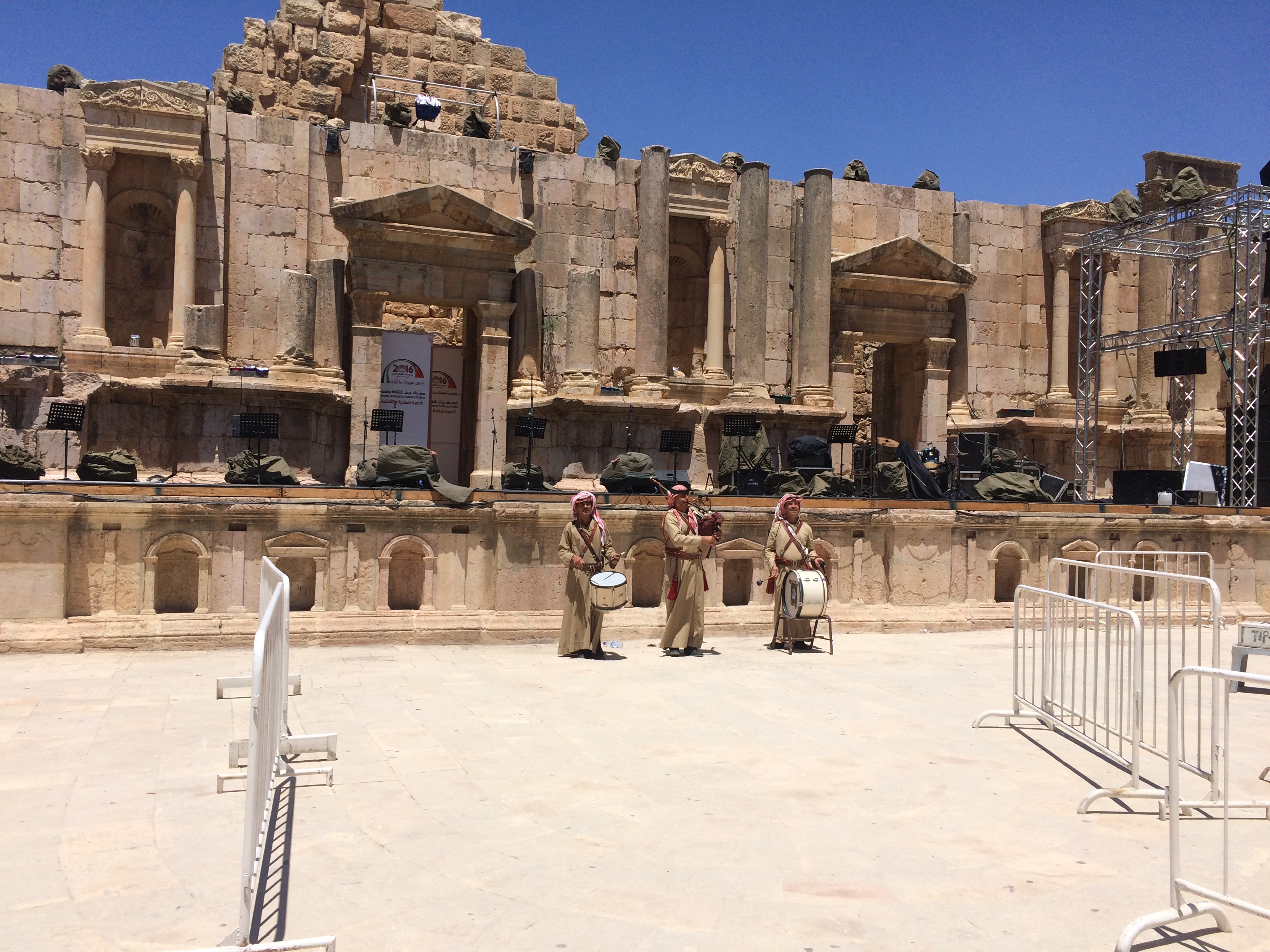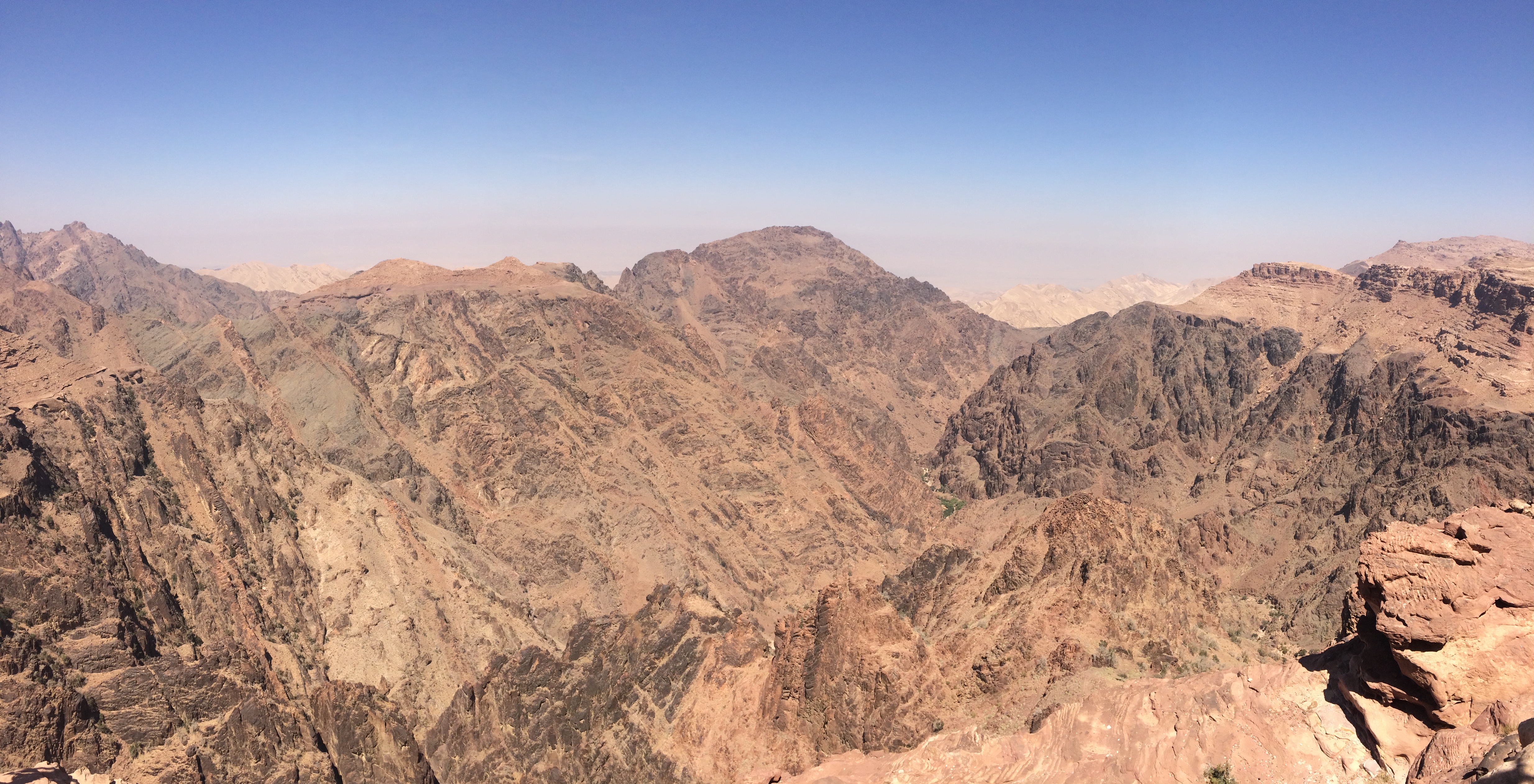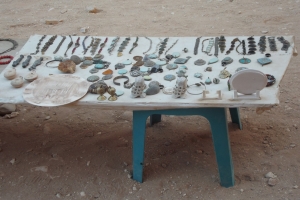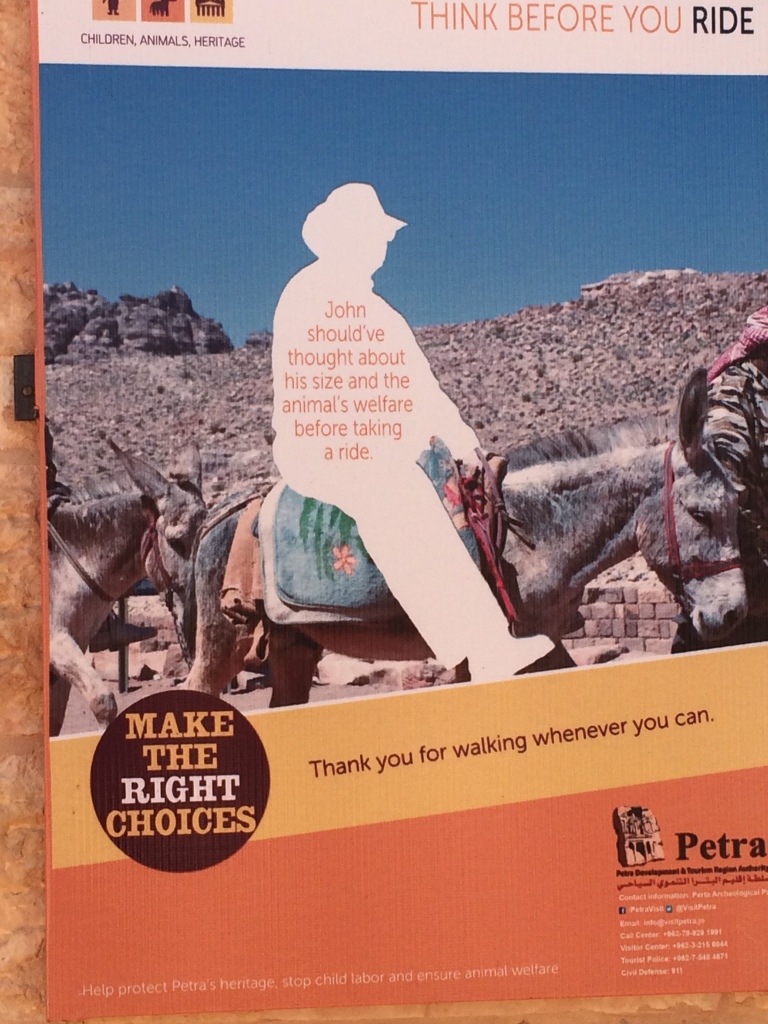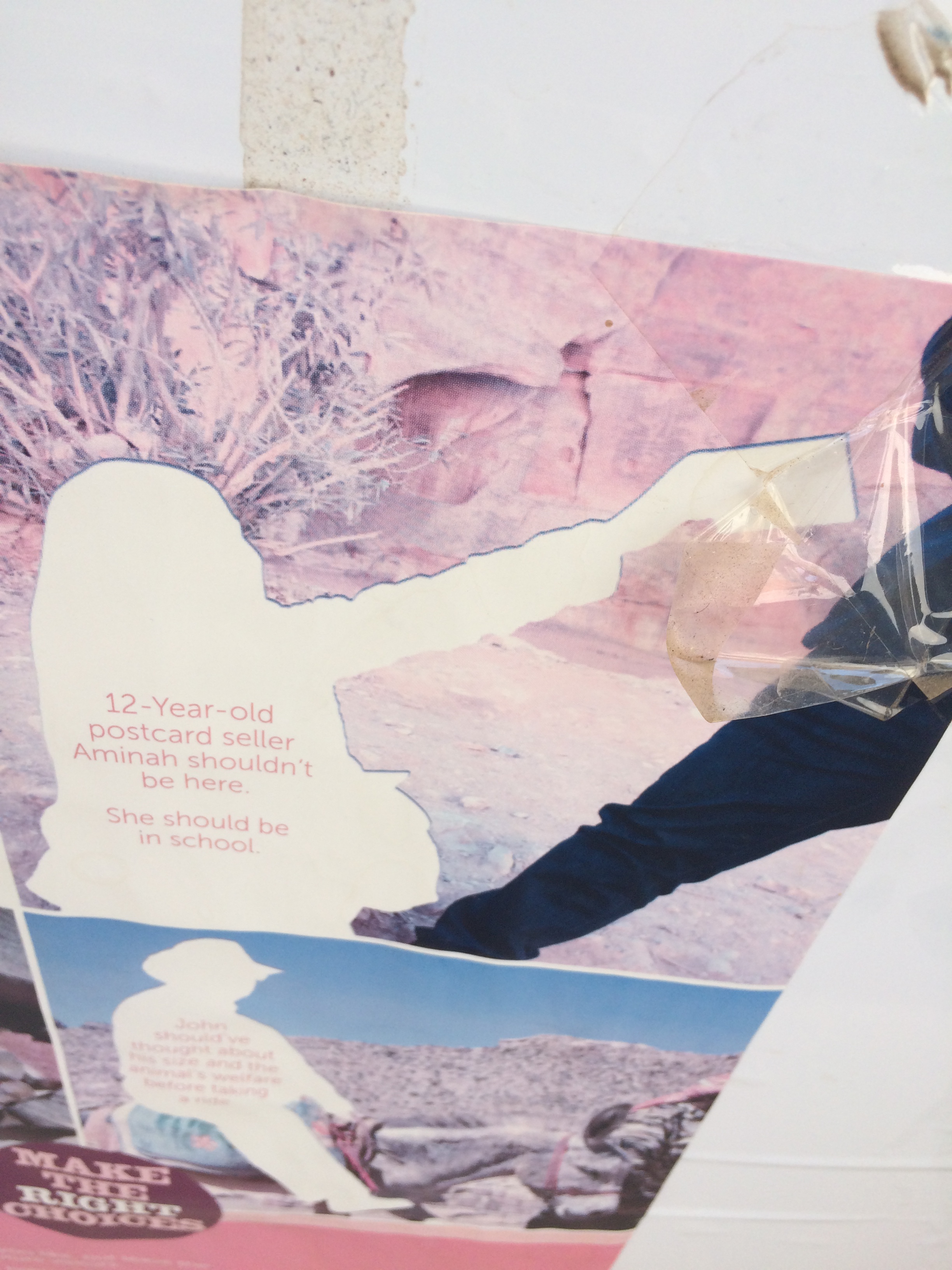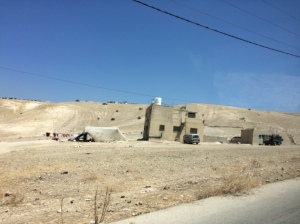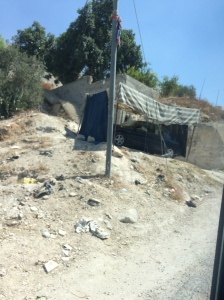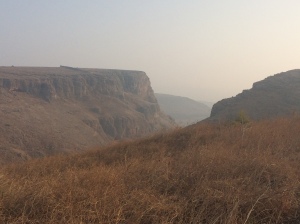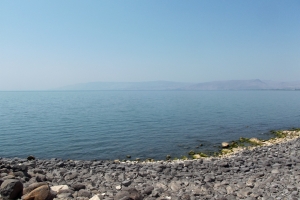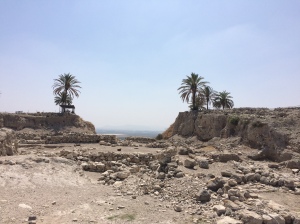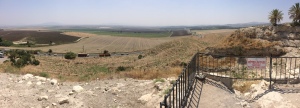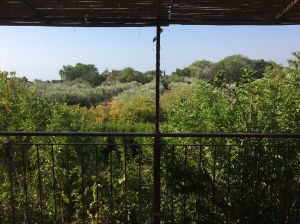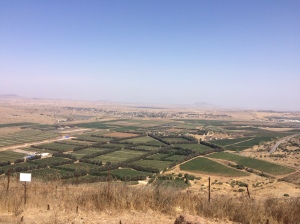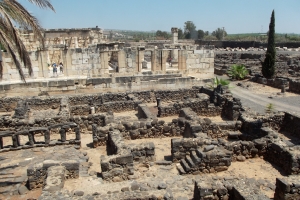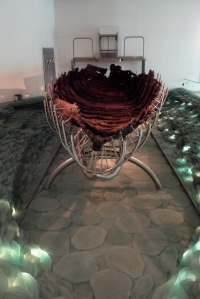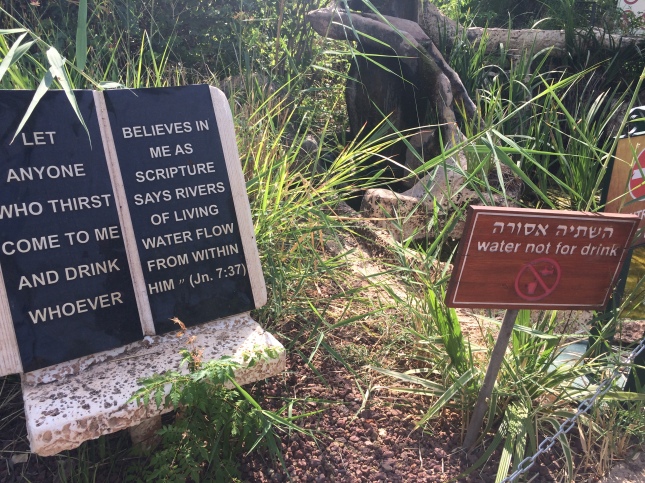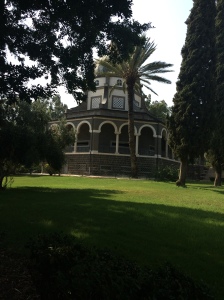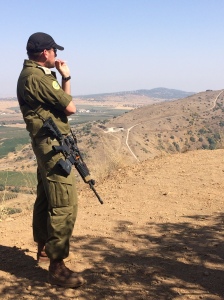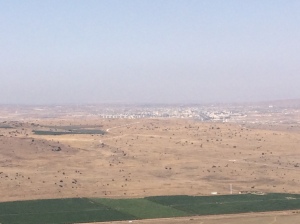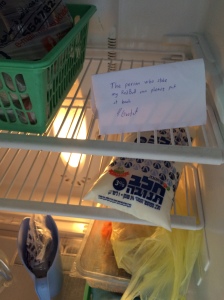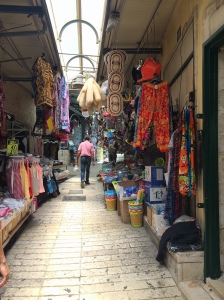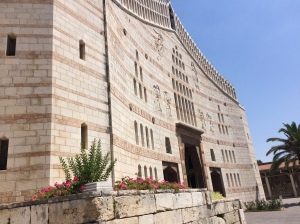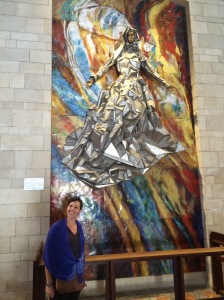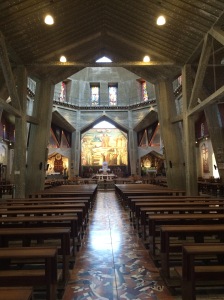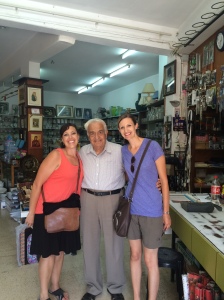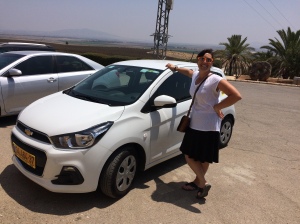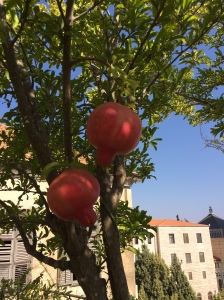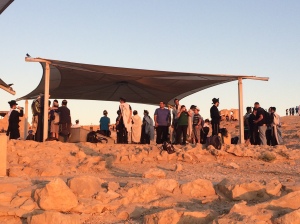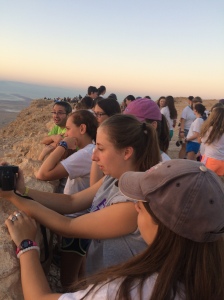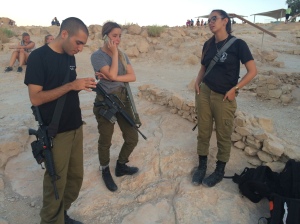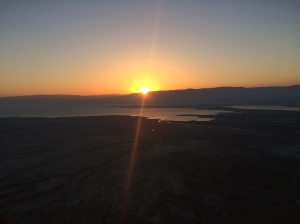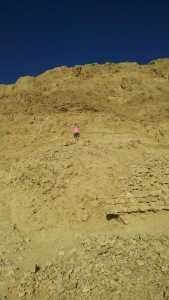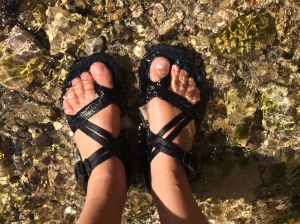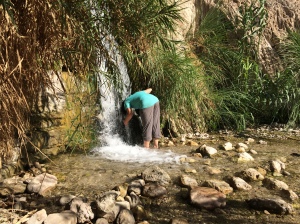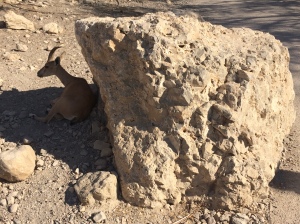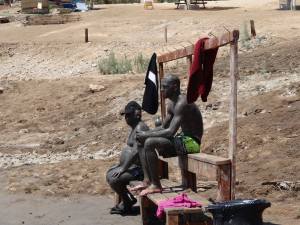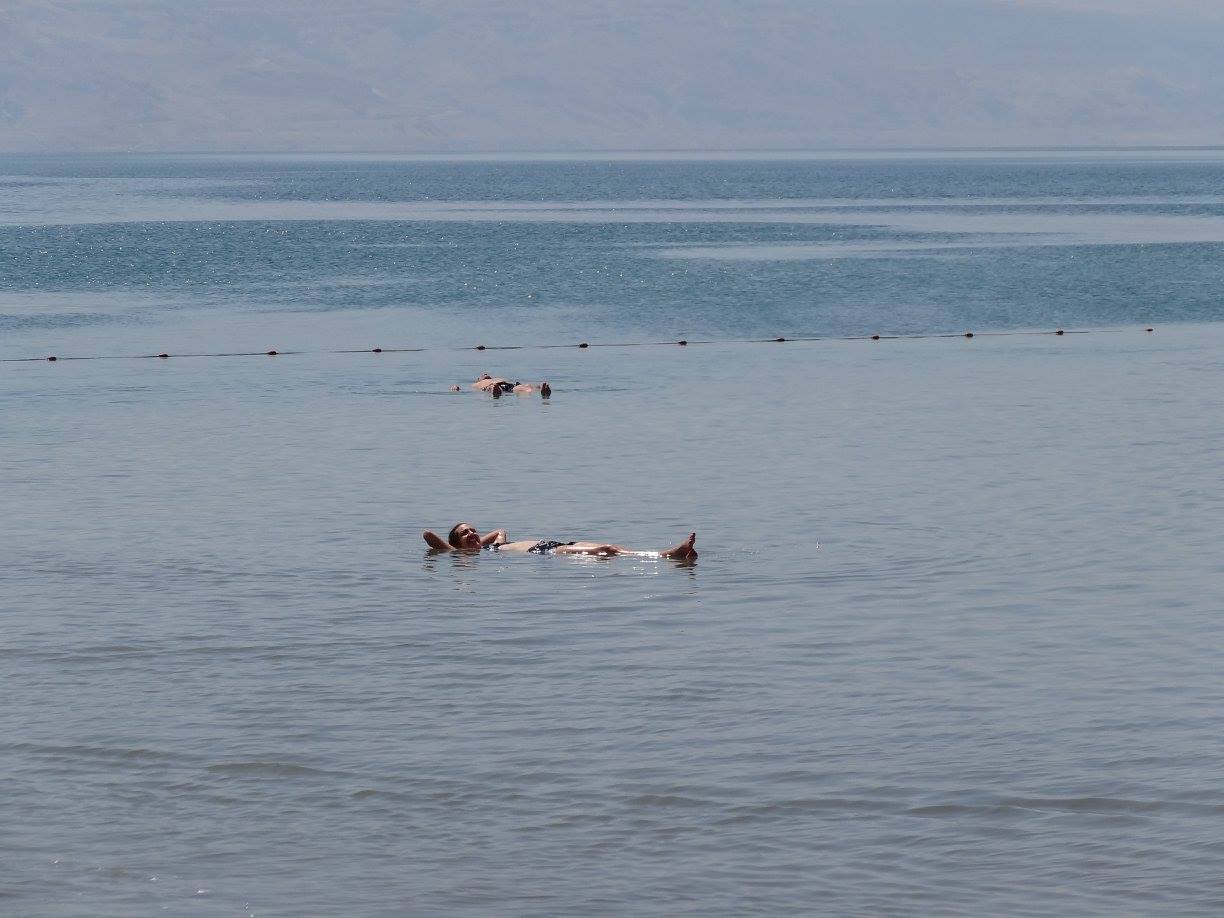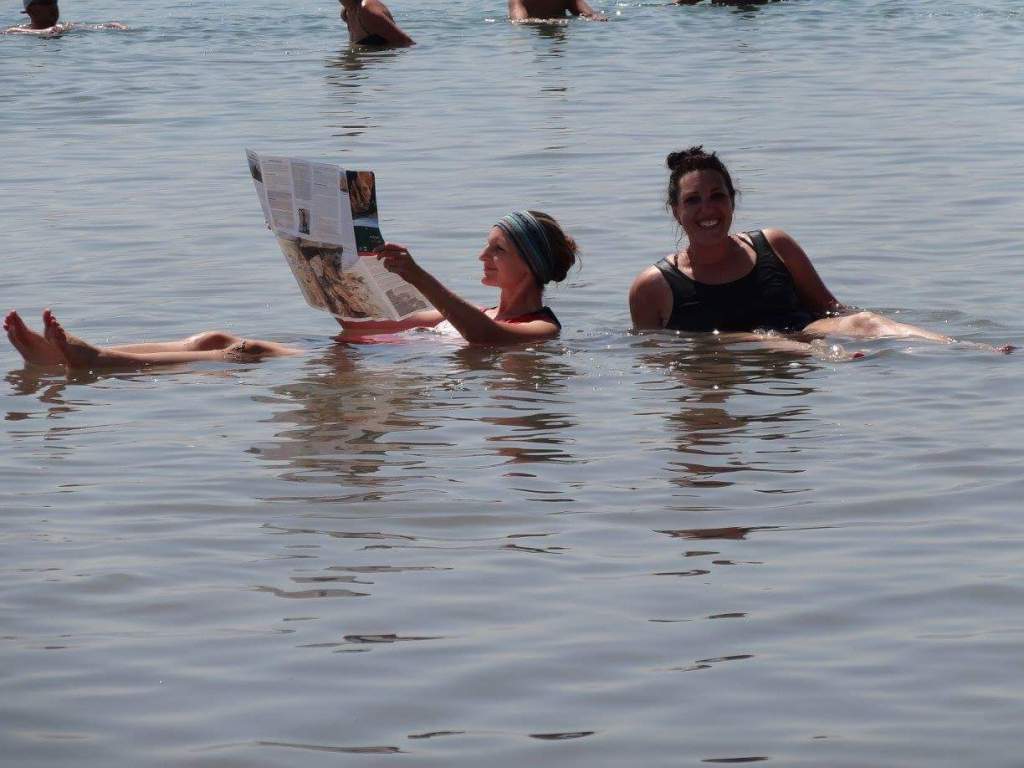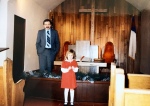
(My dad had primary progressive aphasia–a rare form of dementia that initially impairs language then resembles more common forms of dementia as it progresses. My dad first noticed difficulty remembering names and terminology about thirteen years ago. From there, his language ability slowly declined. His last year, he spoke a handful of words a day. The last three months, he communicated only by nodding and shaking his head. The phrases he kept the longest were, “I love you,” “You’re doing a wonderful job,” and “I hope to see you in Heaven.” I shared the following at his funeral.)

For the last few years, speaking got harder for my dad, and I became his mouthpiece. I want to make one more appeal on his behalf. He would be so happy to see his friends and relatives gathered here today. And he would take this opportunity to say to each of you again,
“I hope to see you in Heaven!”
Now he is receiving the fulfilment of all his hope. He is away from the body and at home with his Lord. He is giving glory and honor and praise to Him who sits on the throne and to the Lamb. So his final appeal to you is all the more urgent.
My dad was a remarkable man. He excelled in all he set his hand to. His life was like a castle. The towers of that castle were his career, a lifetime of travels, family, many construction projects, deep intelligence, the ability to share his faith with conviction and explain the Scriptures.
But a building does not last forever. In his final years, those towers of accomplishment began to crumble. But for my dad, the crumbling only more clearly revealed the foundation of that castle. His foundation was the Lord Jesus Christ. As his earthly abilities faded, Jesus in him became even more apparent. He was being transformed into Christ’s likeness with ever increasing glory.
As a result, he loved even more that which Christ loves. People. You. He wasn’t embittered by what was lost, but instead shook your hand. Maybe kissed your hand! Told you that you were doing a wonderful job, that he loved you. That he hoped to see you in heaven. He shared this with the clerk at the dollar store, his neurologist, everyone he met. My dad was no respecter of persons and neither is Jesus.
Jesus’ invitation is for everyone.
My dad became a follower of Jesus when he was dating my mom. As he loved to say, “The only place she would go with me was to church!” He began attending church and he had always had strong moral convictions. Now he filled his mind with knowledge of the Bible. But one day after church, the pastor pulled him aside and said, “Stanley, you have been coming to church regularly. You are a good man. But have you made Jesus the Lord of your life? Have you asked him to forgive you of your sins? Have you surrendered fully to Him?”
My dad told me he looked at all his achievements and struggled with the idea that he hadn’t done it on his own—of giving credit to God and following Jesus.
But that day he repented and turned to God and his name was written in the Book of Life.
From then on,
he wanted everyone he knew to do the same!
I found a message he sent to each of his beloved co-workers at his retirement. He wrote:
I would like to encourage you to continue making the Lord Jesus an important and central part of your life. My experience is that He is my best friend but also Savior and Lord when I was made aware that I could never come into God’s presence on my own goodness but that Christ had died for me and if I realized that and accepted him as my Savior that I could be righteous in God’s eyes and have assurance of eternity with Him. Remember to spend time in His word – Matthew, John, Romans, Ephesians, and Hebrews are some of my favorites.
Dutch evangelist and concentration camp survivor, Corrie ten Boom, put Jesus’ invitation to you this way, “I once asked a woman: ‘Would you like to accept the Lord Jesus?’ She responded, ‘Oh, I have prayed so much in my life, and the Lord heard my prayers and I know that He blessed me so much. He helped me when life was terribly difficult.’ Then I said to her, ‘Look, if a boy asks a girl to marry him and she says, “You have helped me so much, you have been so kind to me, we have had such good conversations,” then the boy would say, “Yes, that is all well and good, but we aren’t talking about that now. I want you to say, ‘Yes’ because I love you.“
She continued, “You may have experienced much with the Lord. But the Lord Jesus loves you so much that He is not satisfied with anything less than having your whole heart. If you say, ‘Yes, Lord Jesus, I accept your salvation, I want to belong to You,’ then he will save you for all eternity. Don’t look at everything you have already experienced. Simply realize that Jesus is here. He has asked you.
What is your answer?
Stan would urge you to give yourself completely to the Lord. He can’t do it for you, but in your heart, you can surrender to the One who knows you perfectly. Ask Him to forgive you. He is faithful and just to forgive your sins and cleanse you of all unrighteousness. Open the door of your heart. He will come in and change you.
To those of you who are experiencing this relationship with Jesus, I believe my dad would echo the apostle Peter,
I will always remind you of these things, even though you know them and are firmly established in the truth you now have. I think it is right to refresh your memory as long as I live in the tent of this body, because I know that I will soon put it aside. I will make every effort to see that after my departure you will always be able to remember these things.













